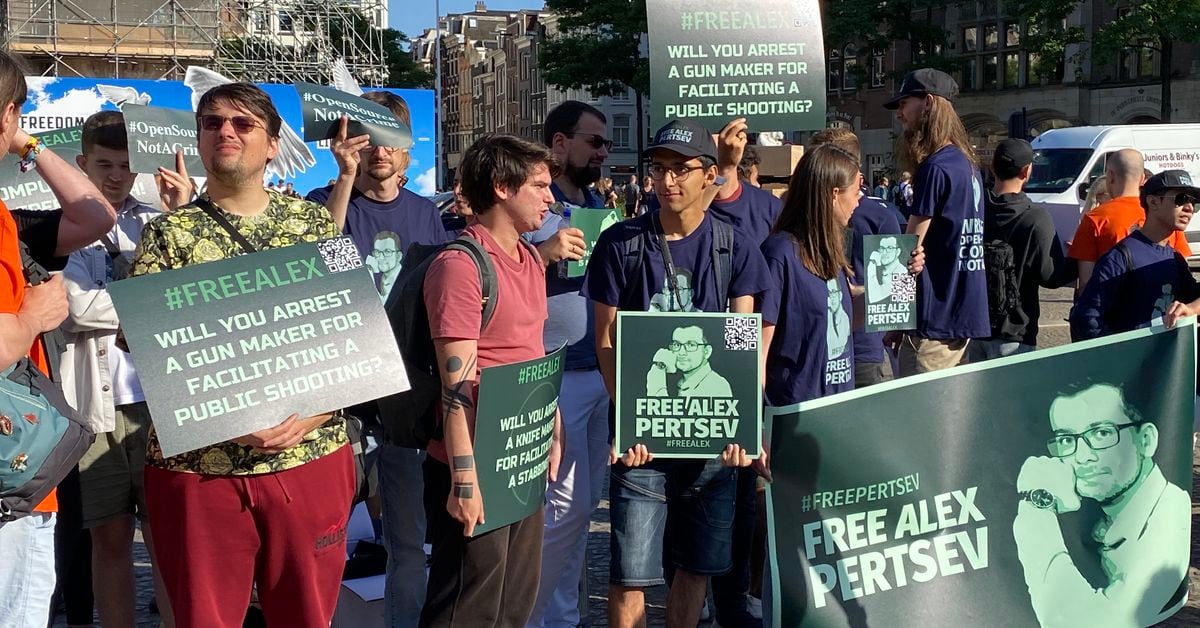Why Tornado Cash remains the most important legal case in the cryptocurrency industry


In reality, that’s not the case. We should have the right to transact freely online, whether communicating verbally or exchanging value in the form of cryptocurrency. Operations against Tornado assume that any money sent through the mixer is necessarily suspect. Perhaps only a fraction of the $1 billion was laundered and sent to North Korea. For example, Vitalik Buterin used Tornado to send funds in support of Ukraine (probably because he did not want to make the donations public).
In fact, my colleague Dan Kuhn famous Last year, the U.S. government cleverly sanctioned innocent coders in an effort to conduct national security operations. “Until now, we have not been able to actually persecute North Korea itself or punish suspected hackers believed to be funding North Korea’s nuclear and missile program. The U.S. government is using several cryptocurrency coders as examples.” said.
But the tornado incident is about more than privacy and even government overreach. This is about whether governments should be able to stop transactions over open source protocols that no one controls. Ironically, that reality is proven through the incident itself. Even if Pertsev, Storm and Semenov went to prison for 12 years, the smart contracts they created would still work. It’s as if Bitcoin continues to operate without a CEO or recognized founder.



